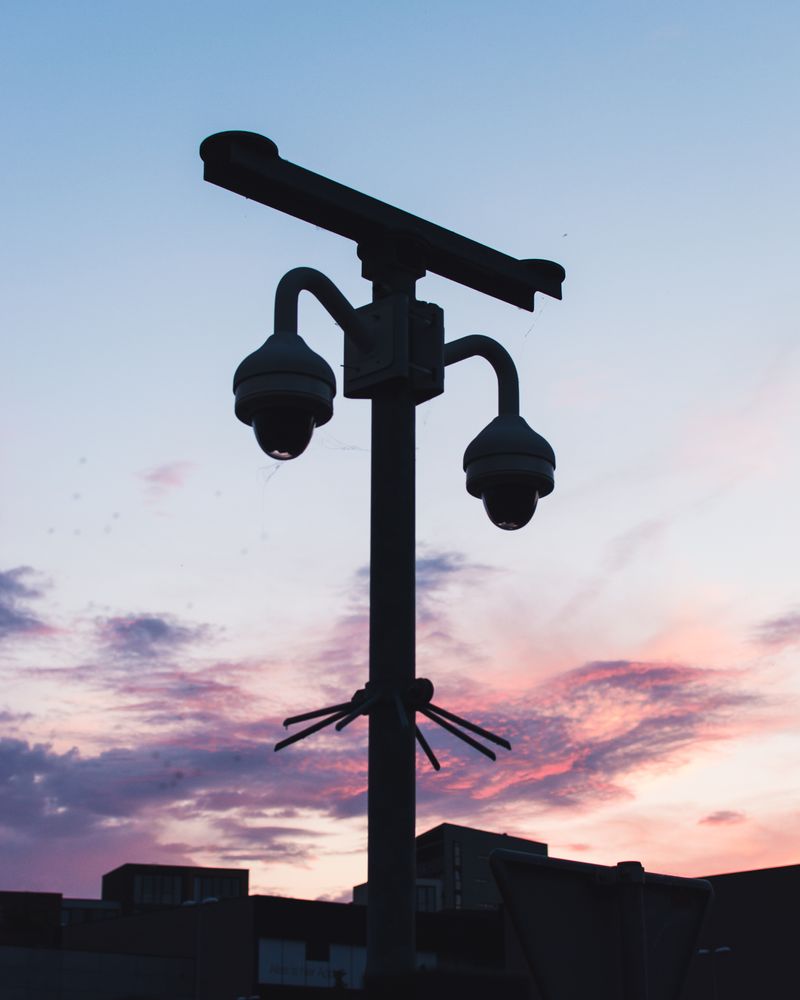Data Protection Legislation Passed in India Amid Privacy Concerns
Summary
Indian lawmakers recently approved a data protection legislation aimed at regulating big tech firms and penalizing companies for data breaches. However, several groups and experts have raised concerns about potential privacy violations and government overreach. Critics argue that the legislation could allow the government and its agencies to access user data and collect private data without consent, ultimately increasing censorship and undermining citizens’ digital freedoms.
Background
India‘s data protection legislation aims to address the rising concerns over data breaches and the need for better regulation of big tech firms. The legislation includes provisions that limit the cross-border transfer of data and establish a data protection authority to ensure compliance from tech companies. However, critics fear that the legislation falls short in protecting privacy rights and fails to establish an independent regulator.
Privacy Concerns
Opposition lawmakers and digital experts argue that the data protection legislation could grant the government extensive access to user and personal data without consent. This raises questions about citizens’ privacy rights and the potential for increased government control over personal data. Digital rights group Access Now has criticized the legislation, stating that it jeopardizes privacy and enhances the government’s control over personal data, ultimately leading to increased censorship.
Impact on Right to Information
Digital experts and critics also express concerns that the legislation could weaken the Right to Information law, passed in 2005, which allows citizens to request data from public officers. The fear is that the new data protection legislation could grant the government excessive exemptions and undermine transparency by restricting access to public information, such as state employees’ salaries.
Government Oversight of Tech Companies
India has been increasing its regulatory oversight of social media companies and digital platforms in recent years. In 2021, sweeping regulatory laws were introduced to give the government more control over these platforms in order to combat misinformation and hate speech. Critics argue that these laws could lead to increased online censorship, particularly on social media platforms.
Editorial: Balancing Privacy and Regulation
The passage of data protection legislation in India brings attention to the ongoing debate over the balance between privacy rights and the need for regulation in the digital age. While it is crucial to regulate big tech firms and protect citizens from data breaches, it is equally important to ensure that privacy rights are upheld and that regulations do not lead to government overreach or censorship.
Internet Security
As personal data becomes increasingly valuable in the digital economy, it is essential for governments to prioritize internet security and establish robust frameworks for data protection. This involves implementing stringent measures to safeguard personal information, holding tech companies accountable for data breaches, and overseeing compliance with data protection regulations. It is equally important to provide individuals with control over their own data and ensure transparency and accountability in the collection, use, and storage of personal information.
Philosophical Discussion: Privacy vs. National Interests
The question of privacy often raises philosophical debates about the balance between individual rights and national interests. While it is crucial to protect individuals’ privacy, governments also have a responsibility to safeguard national security and prevent the misuse of personal data. Striking the right balance requires careful consideration and the establishment of robust legal frameworks that protect privacy while allowing for legitimate data collection and analysis for national interests such as law enforcement and public safety.
Conclusion
India‘s data protection legislation marks an important step towards regulating big tech firms and addressing concerns over data breaches. However, it is essential to address the privacy concerns raised by critics and ensure that the legislation does not undermine citizens’ digital freedoms or weaken transparency. Governments must strike a delicate balance between privacy rights and the need for regulation, implementing strong internet security measures and transparent data protection frameworks. It is crucial to learn from international best practices and engage in open dialogue to shape data protection legislation that respects privacy while serving the collective interests of society.

<< photo by Jamaal Hutchinson >>
The image is for illustrative purposes only and does not depict the actual situation.
You might want to read !
- Unveiling the Threat: SystemBC Malware Takes Aim at South African Power Grid
- Foreign Embassies in Belarus: Vulnerability Exposed through ISP Intrusion
- Connecticut School District Recovers Half of $6 Million Lost in Devastating Cyber Attack
- “Unveiling the Elusive Statc Stealer: Guarding Your Sensitive Data Against Malware Threats”
- The State of Cybersecurity: Key Takeaways from Recent Events
- Can zkPass Revolutionize User Privacy and Data Protection with $2.5M in Seed Funding?
- Unlocking the Future: How the NSA Codebreaker Challenge is Paving the Way for Cybersecurity Education
- Freezing Out Risk: Expert Advice to Safeguard Against Thermal Attacks
- Navigating the Complexities: Formulating Effective AI Risk Policy
- China Unveils New Rules for Handling Facial Recognition Data
- AWS SSM Agent Misuse: Unveiling the Covert Remote Access Trojan Undetected
- Introducing NodeStealer: A Growing Threat to Facebook Business Accounts and Crypto Wallets
- Exploring the Growing Importance of SASE Security: Check Point’s Acquisition of Perimeter 81
- Check Point Secures the Future: Acquires Perimeter 81, a SASE Security Firm for $490 Million
- Data Privacy Platform Osano Raises $25M in Series B Funding




